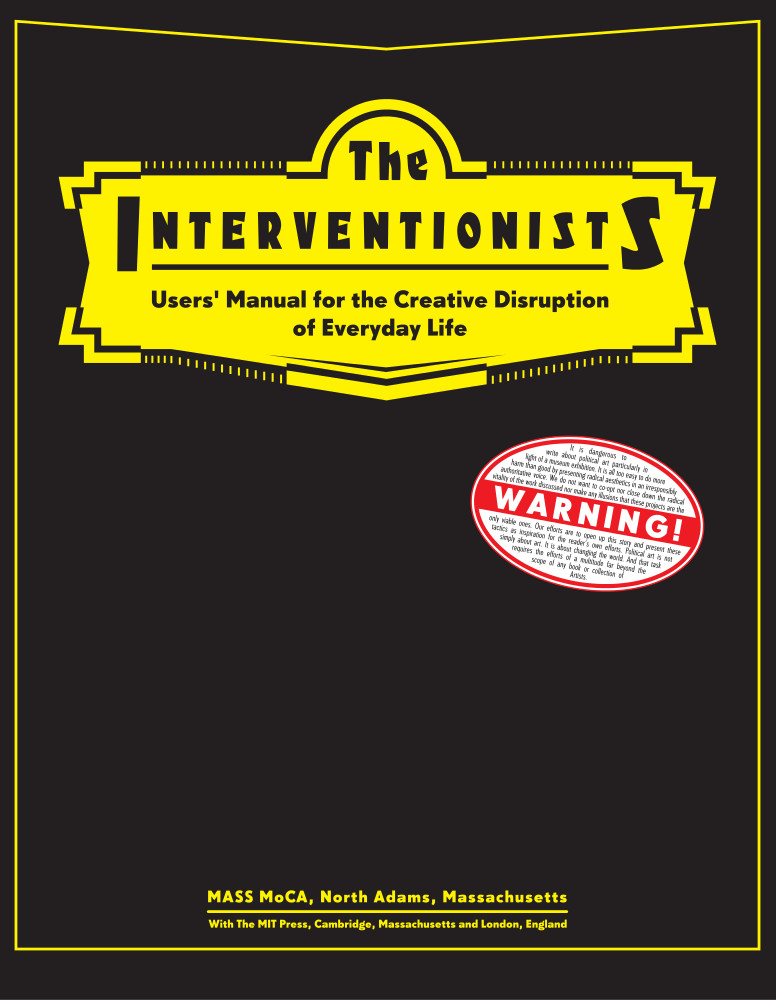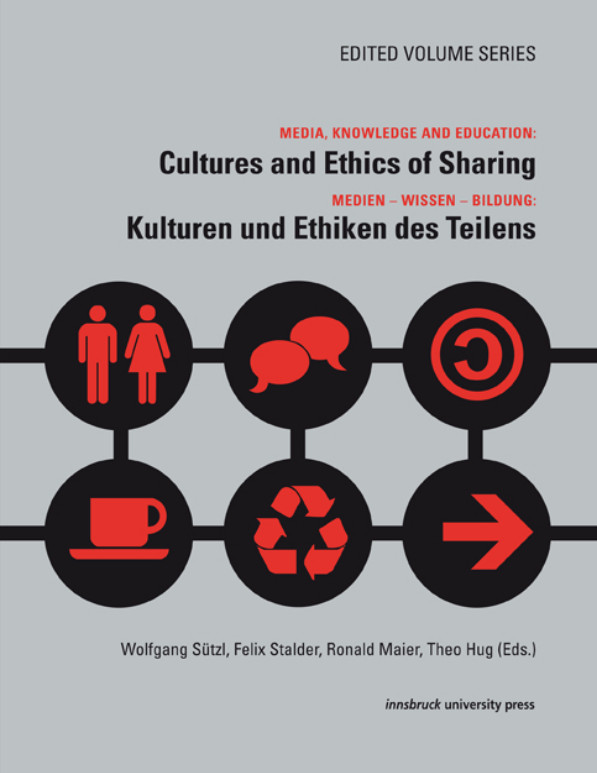A Peer-Reviewed Newspaper, 2(1): Researching BWPWAP (2013)
Filed under journal | Tags: · art, artistic research, code, design, economy, education, media art, net art, software

“In referring to the cancellation of Pluto’s planetary status in 2006, BWPWAP (Back When Pluto Was a Planet) – the 2013 edition of the transmediale festival – interrogates techno-cultural processes of displacement and invention, and asks for artistic and speculative responses to new cultural imaginaries. In light of this, the conference and workshop Researching BWPWAP took place in November 2012 in Lüneburg, Germany, organised jointly by Leuphana University of Lüneburg, Aarhus University and the reSource transmedial culture/transmediale. The call for participation focused on Ph.D. researchers and other participants to speculate on BWPWAP as a pretext for presenting their research and even to further reflect on its circulation as a meme.
This newspaper presents some outcomes of this process, and like the conference and workshop, can be interpreted in the context of a research culture that has been significantly destabilized by network culture and digital media. If the planet Pluto didn’t exactly fall prey to an epistemological break or a scientific revolution, but rather to a mundane administrative procedure – a redefinition of what constitutes a planet – then what does this say about contemporary research culture? Certainly, much research culture has shared Pluto’s fate: conferences reduced to networking events to foster cultural capital, and scholarly communications reduced to impact factors measured by grant givers. In other words, research is not just about measuring the performativity of a single researcher (the peer-reviewed journal system), but also the processes of questioning, investigating, speculating, and sharing between peers in a broader sense.” (from the Editorial)
Edited by Christian Ulrik Andersen and Geoff Cox
Publisher Digital Aesthetics Research Center, Aarhus University, Aarhus, in collaboration with reSource transmedial culture Berlin/transmediale, Berlin, February 2013
Creative Commons Attribution-NonCommercial-ShareAlike license
ISBN 8791810256
ISSN 2245-7593
PDF, PDF (updated on 2018-9-20)
Comment (0)Nato Thompson, Gregory Sholette (eds.): The Interventionists: Users’ Manual for the Creative Disruption of Everyday Life (2004)
Filed under book, catalogue | Tags: · activism, art, cyberfeminism, education, participation, political art, politics, situationists, tactical media

“Art made to attach to buildings or to be given away? Wearable art for street demonstrations or art that sets up a booth at a trade show? This is the art of the interventionists, who trespass into the everyday world to raise our awareness of injustice and other social problems. These artists don’t preach or proselytize; they give us the tools to form our own opinions and create our own political actions. The Interventionists, which accompanies an exhibit at MASS MoCA, serves as a handbook to this new and varied work. It’s a user’s guide to art that is exciting, provocative, unexpected, inspiring (artistically and politically), and fun. From Michael Rakowitz’s inflatable homeless shelter and William Pope.L’s “Black Factory” truck with pulverizer, gift shop, and giant inflatable igloo to the Biotic Baking Brigade’s political pie-throwing, the art of The Interventionists surveys a growing genre and offers a guide for radical social action.
The book classifies the artists according to their choice of tactics: the Nomads, who create mobile projects; Reclaim the Streets, artists who act in public places; Tools for Resistance: Ready to Wear, artists who produce fashion for political action; and the Experimental University, artists whose work engages pedagogy and theory. The accompanying text includes essays by noted scholars putting the work in a broader cultural and social context as well as texts by the artists themselves.”
With contributions by Nicholas Mirzoeff and Ondine C. Chavoya
With graphics by Arjen Noordeman
Publisher MASS MoCA Publications, North Adams/MA, 2004
154 pages
PDF (updated on 2019-12-18)
Comment (0)Sützl, Stalder, Maier, Hug (eds.): Media, Knowledge and Education: Cultures and Ethics of Sharing (2012) [English, German]
Filed under book | Tags: · education, ethics, filesharing, knowledge, labour, sharing, social media

“This is a volume of essays about sharing. Few people could have predicted that practices of sharing would gain such prominence in contemporary society. It is, arguably, one of the most unexpected developments of the early 21st century. Surprising, but not inexplicable. Over the last decade, numerous developments have taken place that created conditions under which new practices could flourish and the roles of sociability and sharing are being re-examined.” (from the Introduction)
The individual texts in this volume where first presented at the conference “Cultures and Ethics of Sharing” which took place at the University of Innsbruck, Austria, in November 2011.
With contributions from Manuela Farinosi, Manfred Faßler, Leopoldina Fortunati, Michael Funk, Volker Grassmuck, Doreen Hartmann, Andrea Hemetsberger, Aletta Hinsken, Tobias Hölterhof, Nicholas A. John, Magnus Lawrie, Claudia Paganini, Julia Rone, Klaus Rummler, Katherine Sarikakis, Hans-Martin Schönherr-Mann, Sebastian Sevignani, Alexander Unger, Karsten D. Wolf.
Media, Knowledge and Education: Cultures and Ethics of Sharing / Medien – Wissen – Bildung: Kulturen und Ethiken des Teilens
Edited by Wolfgang Sützl, Felix Stalder, Ronald Maier, Theo Hug
Publisher University of Innsbruck Press, 2012
ISBN 9783902811745
272 pages

